SZU-HKUST Joint PhD Program in
Marine Environmental Science
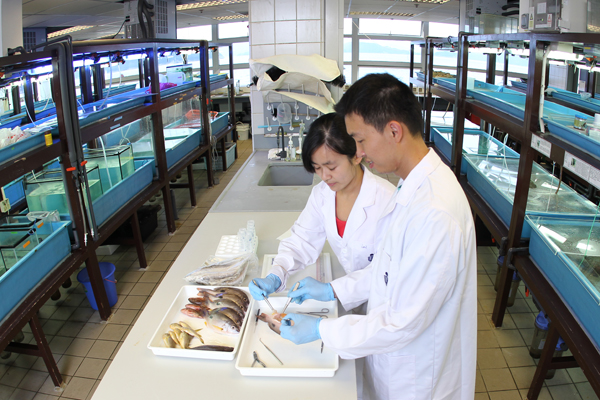
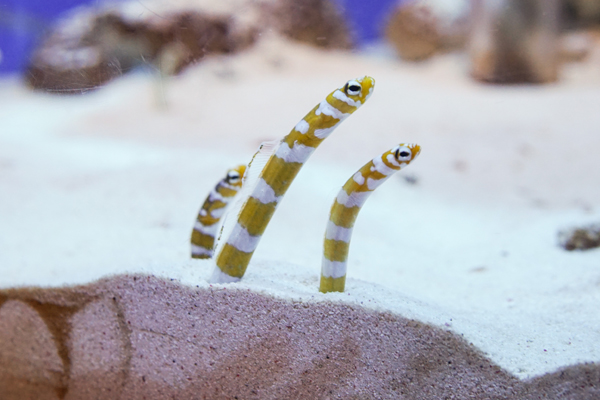

Introduction
The Joint PhD program aims to train students in original research in marine environmental science, and independent and innovative thinking that is essential for a successful research career. In particular, the collaborative effort provides students with opportunities to benefit from the research excellence shared between HKUST and Shenzhen University (SZU), as well as to cultivate outstanding science and technology talents to build a sustainable economy in China.
Upon successful completion of the program, students will receive a certificate from SZU and a degree certificate from HKUST, with a special note to indicate that the degree was conferred through a joint program.
Admission
Interested students who apply for the program should lodge their applications for admission via the admission system of HKUST. The applications will first be assessed and selected by HKUST, then recommended to SZU for review, and officially admitted by HKUST. Current postgraduate students of both universities are eligible for the program provided that the students meet all the admission requirements of both universities including the English Language proficiency requirements of HKUST.
Details about postgraduate admissions can be found at Office of Postgraduate Studies, HKUST.
Program Duration
The intended duration of the program is normally 4 years. Each student is required to spend a minimum of 2 years at each university.
Curriculum
The curriculum is divided into two parts, one part at SZU and another at HKUST. Students are required to complete both parts for graduation.
HKUST Curriculum
Students must fulfill he following program requirements, which include at least 12 credits of courses at HKUST and all the degree requirements of PhD degree program at HKUST:
Program Requirements (For intake 2020/21 or after):
Students must fulfill these requirements:
- Completion of at least 12 credits of coursework, including:
- 3 credits of core course OCES 5001 Introduction to Oceanography;
- 6 credits of elective courses chosen from the elective course list;
- 3 credits of approved PG course endorsed by the Program Director;
- Completion of PDEV 6800 Introduction to Teaching and Learning in Higher Education;
- All full-time RPg students are required to complete PDEV 6800. The course is composed of a 10-hour training offered by the Center for Education Innovation (CEI), and session(s) of instructional delivery to be assigned by the respective departments. Upon satisfactory completion of the training conducted by CEI, MPhil students are required to give at least one 30-minute session of instructional delivery in front of a group of students for one term. PhD students are required to give at least one such session each in two different terms. The instructional delivery will be formally assessed;
- Completion of and passing PDEV 6770 Professional Development for Research Postgraduate Students:
- The 1 credit earned from PDEV 6770 cannot be counted toward the credit requirements;
- Students who are HKUST MPhil (MES) graduates and have completed PDEV 6770 or other professional development courses offered by the University before may be exempted from this requirement, subject to prior approval from the School;
- Completion of and passing OCES 6770 Professional Development in Marine Science;
- The 1 credit earned from this course cannot be counted toward the credit requirements;
- Completion of and passing LANG 5010 Postgraduate English for Science Studies, which should be taken in the first year of study:
- The 1 credit earned from this course cannot be counted toward the credit requirements;
- HKUST MPhil graduates may be considered for exemption from this requirement, subject to prior approval from the Program Director and PG Coordinator;
- Taking and passing ENVS 6011 Postgraduate Seminar whenever it is offered:
- A maximum of 4 credits to be earned from this course;
- Students who have taken the HKUST MPhil (MES) Program will be granted credit transfer from ENVS 6011 to the PhD program, with up to 1 credit;
- Submission of a thesis proposal to the Qualifying Examination Committee who will examine the student’s general background knowledge and knowledge related to the topic of the research proposal:
- Students must pass the qualifying examination;
- Registration in ENVS 7990 Doctoral Thesis Research; and
- Presentation and oral defense of the PhD thesis.
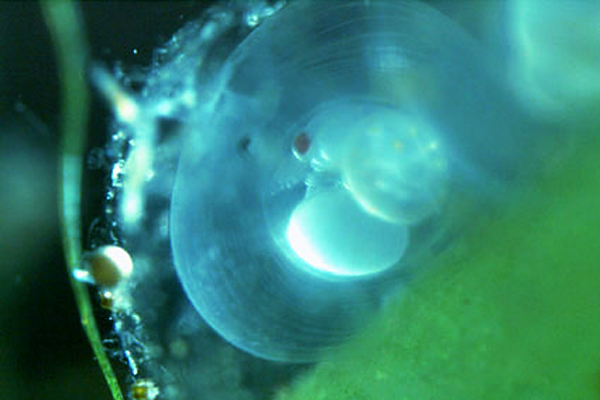
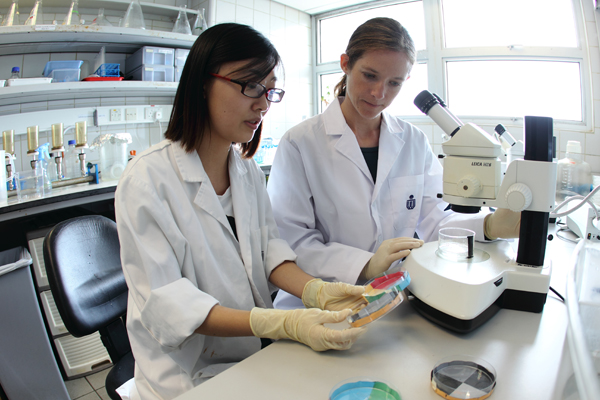
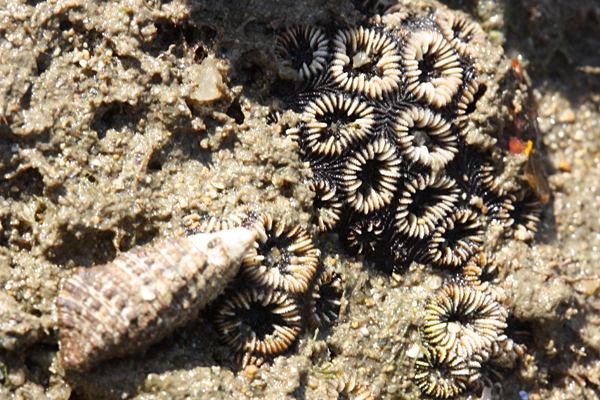
Elective Courses
| ENVR 5210 | Environmental Microbiology |
| ENVS 5116 | Environmental Impact and Risk Assessment |
| ENVS 6012 | Special Topics in Environmental Science |
| OCES 5100* | Biological Oceanography |
| OCES 5200* | Physical Oceanography |
| OCES 5300* | Chemical Oceanography |
| MATH 5311 | Advanced Numerical Methods I |
| MATH 5350 | Computational Fluid Dynamics of Inviscid Flows |
| PHYS 5110 | Mathematical Methods in Physics |
*Students must complete one of the above course (OCES 5100 ,OCES 5200 and OCES 5300) to fulfill program requirement for electives.
Supervision
Two supervisors—one from SZU and one from HKUST—will be assigned to each student.
Study Plan
- Developed by a three-person group: The two co-supervisors and the student;
- Stipulates the graduation requirements of both universities, including the curriculum and the research topic;
- Includes the period of attendance at each university, arrangement of the qualifying examination, a brief description of the thesis research, courses to be taken at each university, credit transfer arrangement; and
- Must be endorsed by the co-supervisors of SZU and HKUST before commencement of the study. Subsequent changes made to the study plan must be endorsed in writing by the relevant departments of both universities.
Medium of Instruction
All coursework, qualifying examination, thesis work, and thesis examination will be conducted in English.
Progress Assessment and Quality Assurance
The academic progress of students will be monitored by a Thesis Supervision Committee consisting of a minimum of 3 faculty members from both universities, including the 2 co-supervisors of the student and 1 faculty member from HKUST. Each student is required to submit an annual progress report at the end of each academic year for assessment by the Thesis Supervision Committee. A thesis in English together with an abstract in Chinese should be submitted after the completion of thesis research. An oral defense in English in front of a Thesis Examination Committee will be required.
Registration and Degree Conferment
Each student has to be registered annually at both universities to enjoy a full range of facilities. Upon successful completion of the program, students will receive a certificate from SZU and a degree certificate from HKUST, with a special note to indicate that the degree is conferred through a joint program. Graduates of the program will be invited to attend the graduation ceremonies at both universities.
Studentship and Scholarship
a. Studentship
Students will be awarded the studentship from SZU, the amount of which is equivalent to the postgraduate studentship for other HKUST research postgraduates during their residency in HKUST.
b. First-class Scholarship
Students may be awarded this Scholarship from SZU during their residency in SZU.
Studentship and scholarship may be suspended if a student fails in his/her interim or annual examination or has not made good progress in thesis work. Students who withdraw from the program of study without justifiable reasons will be required to fully refund the scholarship received during their residency in SZU.
Accommodation
Due to limited student accommodation at HKUST, students are required to arrange their own accommodation outside HKUST campus.
Intellectual Property
Published papers based on a student’s research work during the Joint PhD Program study should carry the names of both institutions. The first affiliation of the papers should be determined by the co-supervisors of the student. Ownership of Intellectual property created by students in the Joint PhD Program will be governed by the policy on ownership of intellectual property of the institution at which the student is in residence at the time the intellectual property is created.
In other situations where the demarcation of intellectual property rights cannot be clearly defined, an agreement should be reached between the co-supervisors and the student concerned before the student graduates.

